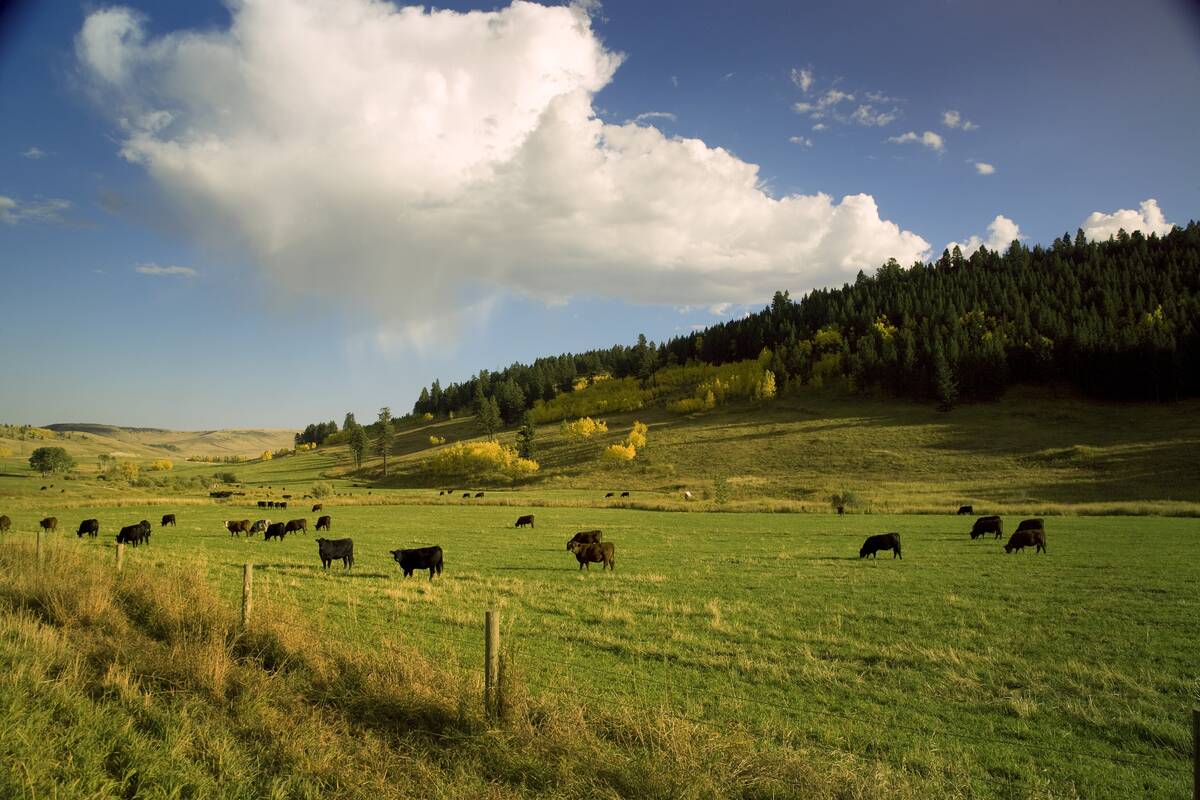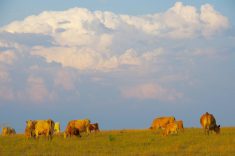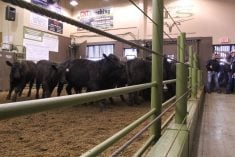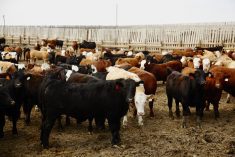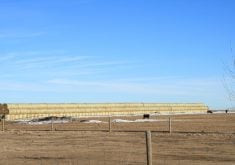The Canadian Cattle Association’s advocacy efforts are guided by policies set by the board of directors. I recently provided a broad overview of how and why we advocate on behalf of Canadian producers within Canada and the U.S. Now I will focus on our international advocacy efforts.
As producers, there is much about beef production that we take for granted. When we’re immersed in the daily business of raising cattle, we can forget that not everyone at home or abroad knows that raising cattle in Canada is environmentally sustainable, or that beef is a nutrient-dense protein source.
Fortunately, CCA is recognized globally as the voice for Canadian cattle producers. As respected industry experts and advocates, our participation is welcomed in international conversations about animal agriculture.
Read Also
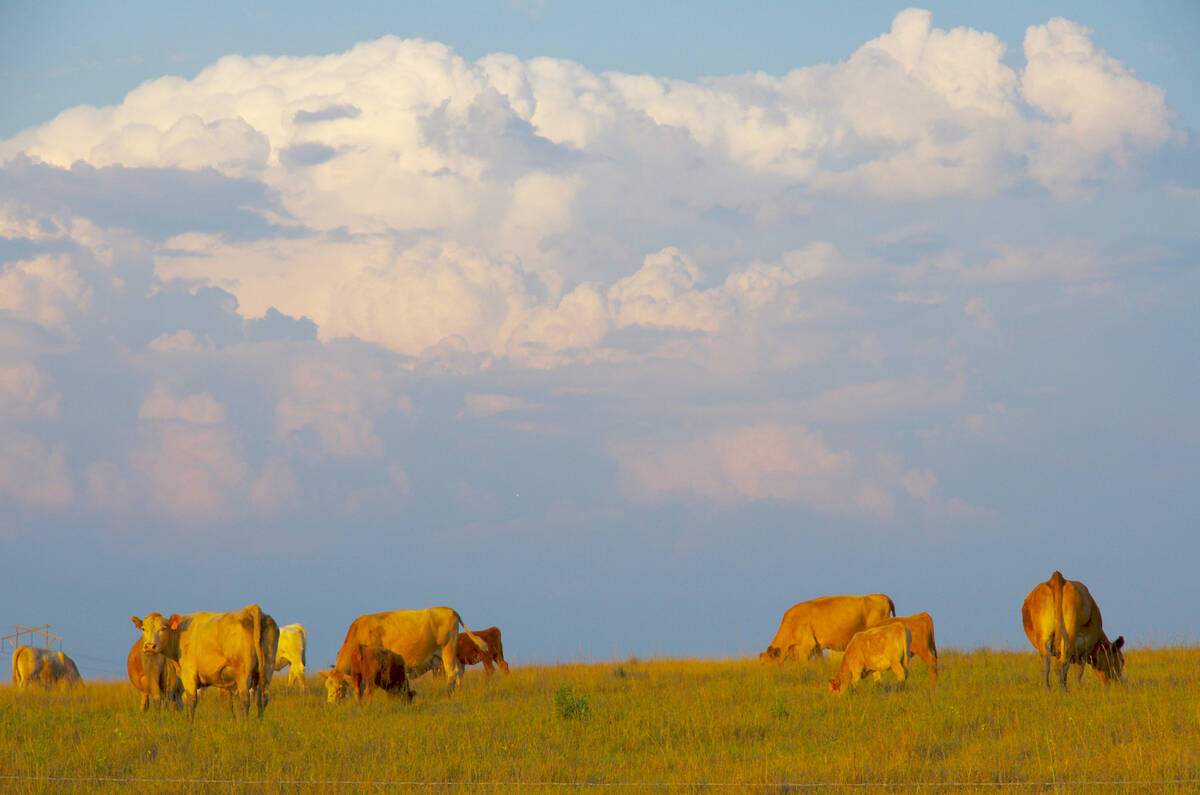
Canadian Beef Check-Off Agency reports on investments and activities
The check-off agency’s work behind the scenes is what ensures cattle check-off dollars are invested wisely, accounted for transparently and deliver measurable value back to producers and importers.
Our food policy committee mandates staff to highlight Canadian beef’s nutritional, environmental and sustainability benefits within international political forums. It is important to engage at these forums’ initial stages to champion livestock as a key contributor to environmental sustainability and healthy diets.
Active participation in international forums helps ensure Canadian beef producers’ voices are heard and practices understood. That is why we send spokespeople to meetings at the Food and Agriculture Organization, Climate Conference of the Parties (COP) and Biodiversity COP meetings, where policymakers discuss animal agriculture.
Global policies are developed over several years and, increasingly, affect Canadian policy as well. In most of these global discussions, the primary producer’s voice is absent. Decisions around the world not only affect our policies, but also influence market access and public perception of beef production.
CCA budgets for international travel and every opportunity to participate in an event or meeting — whether across the street or across the world — is reviewed against the policies set by our board members, market access priorities, the potential effect our participation will have, and the risk to our producers and industry that declining to participate could bring.
Through this concerted effort, we have seen some shifts in how livestock production is presented and valued in international organizations and forums. The Canadian government uses our resources and spotlights our people at these meetings, which confirms that our efforts are necessary and appreciated.
As an example, CCA was first invited to participate in COP in 2021. Our representatives now sit on numerous panels throughout the event, participating in discussions on climate change and, specifically, livestock’s role in achieving long-term climate objectives. Participation requires staff time and travel funds, but we also recognize the critical importance of having input in the early stages of policy discussions.
We are encouraged to see the positive influence that we, alongside global agriculture partners, are bringing to COP. For example, at COP in 2023, the United Nations Food and Agriculture Organization released a road map for the future of sustainable agriculture that states more livestock are needed. Reports emphasized the lower-than-estimated emissions from livestock agrifood systems and the need to prioritize efficiency and animal health in livestock production to meet the growing population’s demand for animal products and simultaneously reduce greenhouse gas emissions. Contrary to popular belief, dietary changes are among the least effective interventions to reduce global greenhouse gas emissions.
Our warm reception in international forums is also due to the unique and often underrepresented voice we bring — that of the producer. CCA plays a key role in ensuring that farmers, ranchers and youth are not only present but actively contributing to these global discussions, helping to ground policy conversations in real-world experience and practical insight. Our industry-leading youth programming — delivered through the Canadian Cattle Youth Council and the Canadian Cattle Young Leaders Mentorship Program — is gaining recognition in international forums as a case study for others looking to adapt to their regional contexts.
While travel and event attendance draw the most attention, advocacy work is ongoing. CCA staff actively serve on and lead committees within key international livestock organizations, including the International Meat Secretariat and Global Roundtable for Sustainable Beef, to help us stay informed and position Canada as a global leader in sustainable livestock production. We are also engaged with partners including the Global Meat Alliance, Global Agenda for Sustainable Livestock and the Private Sector Mechanism for the UN Committee on Food Security to stay informed and involved in policy discussions.
We may not always be successful in our efforts to influence change, but we must seize the opportunities we are given, create opportunities when they are not expressly offered and work tirelessly for our industry’s betterment.
We are seeing momentum and recognition of the positive role of livestock within the Food and Agriculture Organization. A key event is the Food and Agriculture Organization’s Global Conference on Sustainable Livestock Transformation in Rome (September 29-October 1), where CCA is helping lead a youth-focused side event that will highlight Canada’s peer reviewed National Beef Sustainability Assessment.
I will be the first to admit that these travels can be costly endeavours. But the cost of not attending can be extreme and devastating.
If we don’t share facts gathered in Canada or the reality of our industry to tell the factual story of beef production in Canada, others will take control and tell our story for us. They may not share an accurate representation of our industry, which could have dire consequences.
Next year will mark 20 years since the Food and Agriculture Organization released the report Livestock’s Long Shadow. Industry efforts to correct some of the errors after the fact didn’t prevent those wanting to diminish or destroy our industry from using its original figures. The lesson from that situation is that we must show up or we will take what others create without us.

